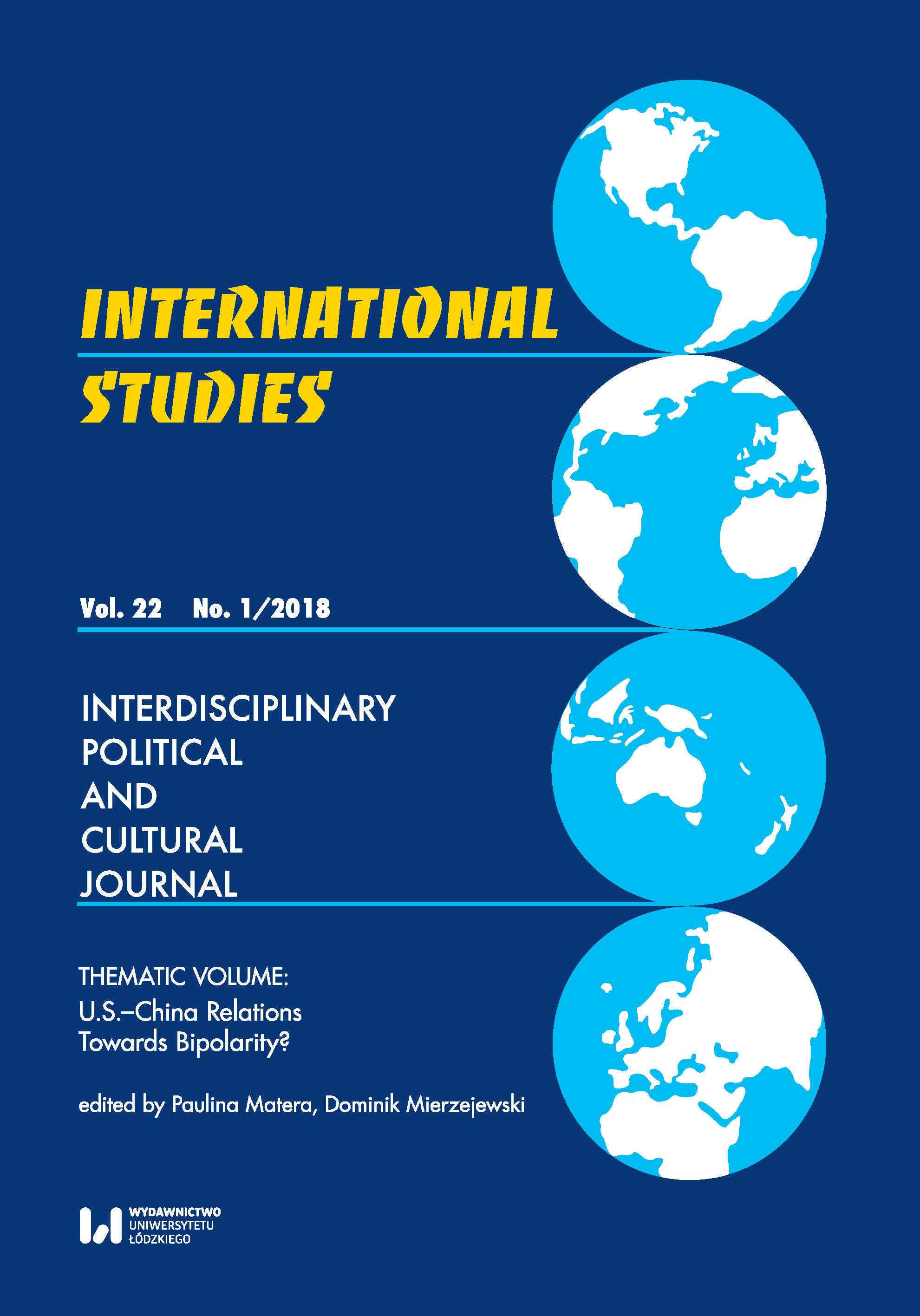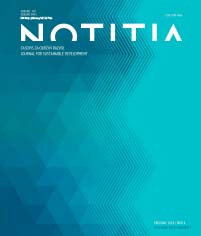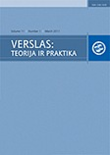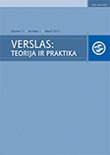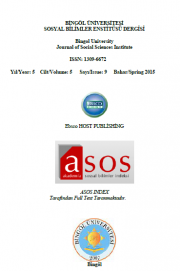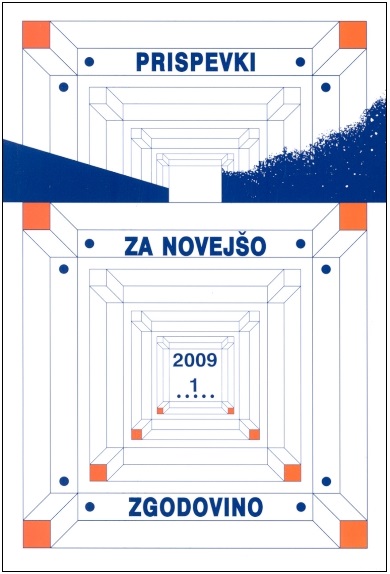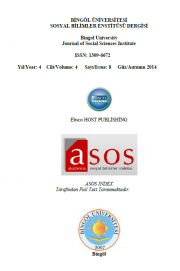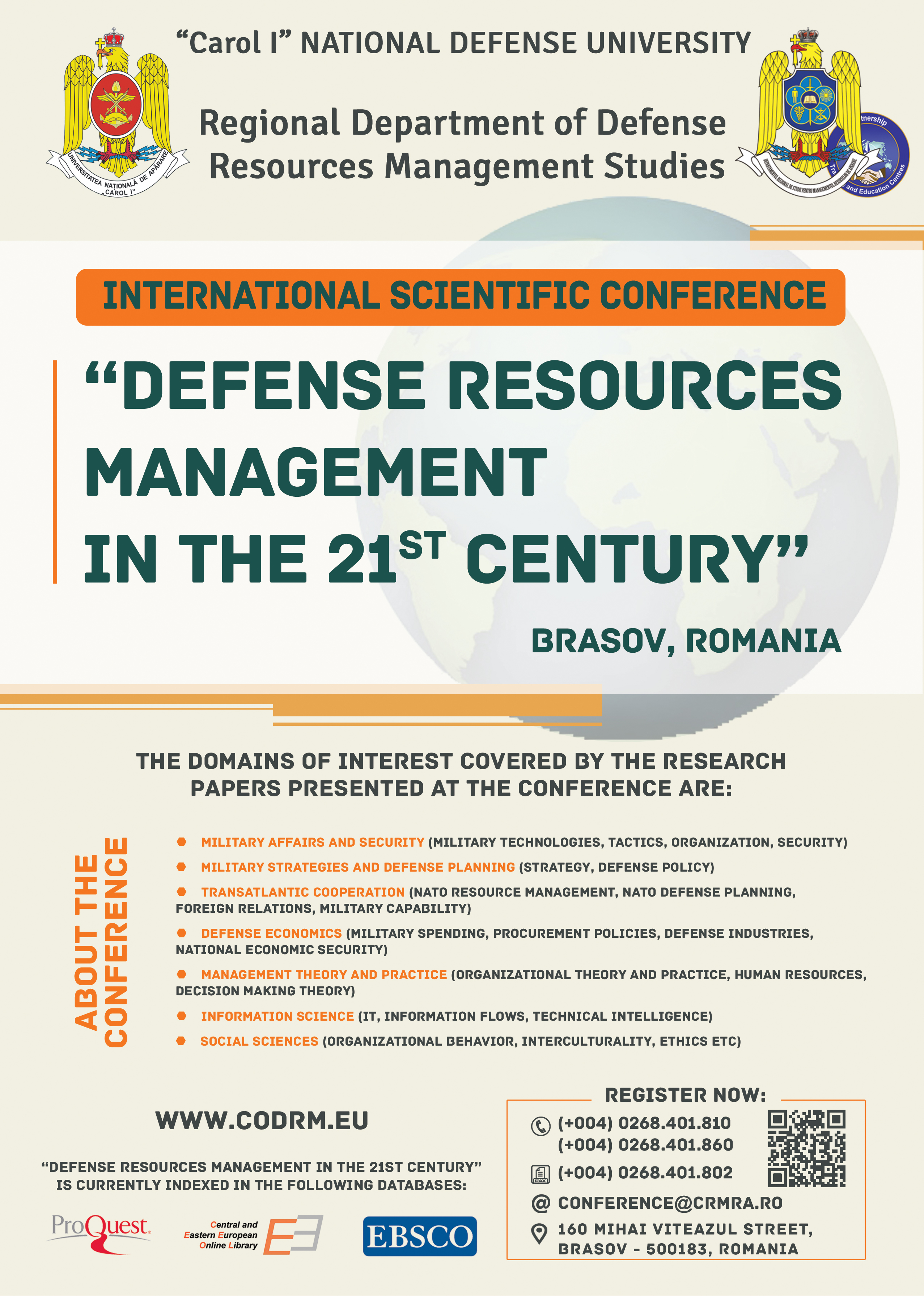
CURRENT SHORTFALLS INSIDE THE COMMON SECURITY DEFENSE POLICY
Starting with 2014 and following the Crimea Crisis, Defense Expenditures have increased for European Union Member States who are also part of NATO. The European Union has developed its own defense agenda since 2010 when the European Commission appointed a new vice-president for this specific task. With worries that the CSDP might duplicate NATO burden sharing, while member states of both organization are being confronted with gaps in reaching the needed capabilities, it is the aim of this paper to analyze the current shortfalls, the major issues and possible future directions that the European Union might face and solve while developing a Common Security Defense Policy. Throughout the paper a comparison between the CSDP capability development and the NATO Defense Planning Process will also be realized in trying to provide relevant information on whether the two organization EU and NATO can collaborate or not in issuing Defense Policies.
More...
